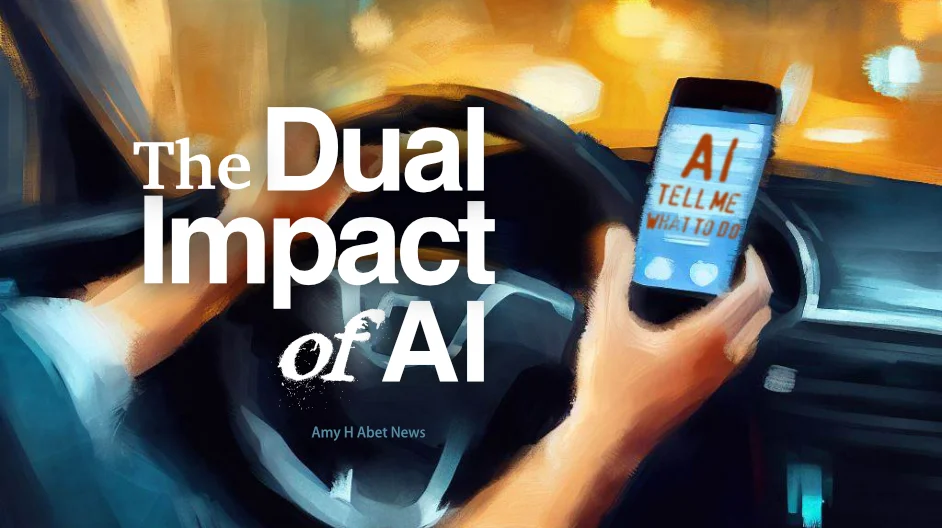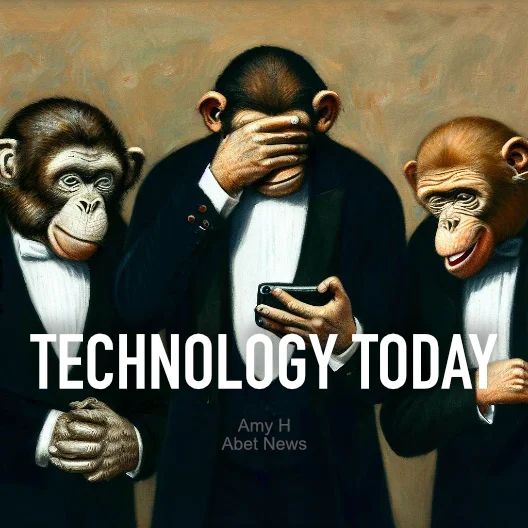The Dual Impact of AI

Negative
While the benefits of AI are evident, its misuse can lead to negative consequences, particularly when it comes to labor practices and exploitation. Uber, as prime example, demonstrate how AI can be employed to the detriment of their drivers:
1. Driver Manipulation: Ride-hailing companies have faced criticism for using AI algorithms to manipulate drivers into accepting low-rate trips that are not profitable. This practice effectively reduces drivers’ earnings, making it difficult for them to earn a fair wage after accounting for vehicle and fuel expenses.
2. Lack of Employee Benefits: By classifying drivers as independent contractors rather than employees, ride-hailing companies avoid providing benefits such as health insurance, paid sick leave, and retirement plans. This has led to concerns about the exploitation of workers in the gig economy.
3. Surveillance and Privacy Concerns: AI-powered tracking and surveillance systems have raised privacy concerns among users and workers alike. These technologies can be used to monitor driver behavior, potentially compromising privacy rights.
On Aug 01, 2023, Uber (NYSE: UBER) reported total earnings for the quarter were $394 million.
Positive
Imagine a World Without AI: A Reflection on Our Dependency
In today’s tech-driven world, it’s difficult to imagine life without the pervasive influence of Artificial Intelligence (AI). From simple daily tasks to complex decision-making, AI has become an integral part of our lives, redefining the way we live, work, and interact with technology.
AI Assistance: Navigating Our Paths
Think about the last time you used Google Maps or Apple Maps to find your way to a new destination. AI-powered navigation systems have revolutionized travel, providing real-time updates, alternate routes, and traffic predictions to ensure a smoother journey. These smart assistants have saved us from the frustration of getting lost and have become our reliable navigational companions.
AI in Communication: Making Life Easier
Communication has evolved immensely with the integration of AI-powered personal assistants like Siri and Google Assistant. Sending emails, making calls, setting reminders, and even sending text messages are now effortless tasks, thanks to these virtual helpers. They have become an indispensable part of our daily routines, handling our digital interactions seamlessly.
AI App-Based Jobs: Transforming the Gig Economy
The rise of app-based jobs has transformed the gig economy, and AI plays a significant role in this shift. Ride-hailing platforms, delivery services, and even maintenance jobs have been revolutionized by AI-powered applications. These platforms efficiently match demand with available workers, providing convenience for users and additional earning opportunities for freelancers.
AI in Personal Support: Meeting Emotional Needs
The applications of AI go beyond the physical realm; they extend to emotional support and personal well-being. AI counselors and therapists have emerged, offering a safe space for individuals to share their feelings and concerns. AI-powered home and child monitors provide parents with peace of mind and real-time updates, ensuring the safety of their loved ones.
AI as Creatives: Unleashing Imagination
In the realm of creativity, AI has pushed boundaries and opened new possibilities. AI-generated art, music, and literature have demonstrated the potential for machines to be artists and authors. AI voice actors have convincingly recreated the voices of famous personalities, adding a new dimension to the entertainment industry.

The Ubiquity of AI: A Dependency We Embrace
Reflecting on these myriad AI applications, it becomes evident that we have grown reliant on AI in our daily lives. Its convenience, efficiency, and ability to augment our abilities have made it an integral part of modern society. However, with this growing dependency, ethical considerations arise, from privacy concerns to fair labor practices.
A Balancing Act between Prosperity and Exploitation
The rapid advancement of Artificial Intelligence (AI) has revolutionized the tech industry, ushering in a new era of efficiency and convenience. From personalized recommendations to autonomous vehicles, AI has undeniably transformed the way we live and work. However, as with any powerful tool, AI comes with its fair share of positive and negative consequences.
Finding a Balance
As demonstrated by Uber’s significant revenue growth, there is no denying the financial success that AI brings to tech companies. However, it is crucial for these companies to balance profitability with ethical practices and social responsibility.
AI has permeated every aspect of modern life, transforming the way we navigate, communicate, work, and even seek emotional support. Its presence has enriched our lives in unimaginable ways, but it also raises important questions about the responsible use of this technology. By harnessing AI’s potential while being mindful of its ethical implications, we can continue to shape a future where AI benefits us while maintaining the essence of our humanity.
Amy H





